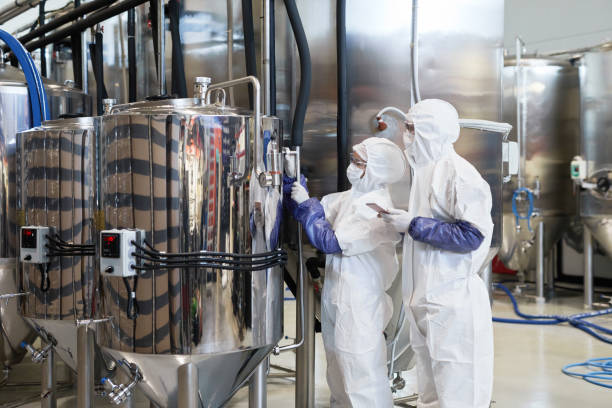A team of scientists have designed a drug that has been seen to considerably lengthen survival time for patients suffering from glioblastoma, reviving hopes for adult patients of the most common primary brain tumor that is, going by the outcomes of a recent trial.
A new preparation developed at The University of Texas Health Science Center at San Antonio (UT Health San Antonio) has revealed evidence to lengthen survival time for patients who suffer from glioblastoma, the most common primary brain tumor in adults.
Outcomes of a trial project headed by the university showed that a distinctive investigational drug formulation known as Rhenium Obisbemeda (186RNL) more than doubled average survival as well as progression-free time, in contrast to standard average survival and evolution rates, and without dose-limiting toxic effects.
“As a disease with a pattern of recurrence, resistance to chemotherapies and difficulty to treat, glioblastoma has needed durable treatments that can directly target the tumor while sparing healthy tissue,” said Andrew J. Brenner, MD, PhD, professor and chair of neuro-oncology research with Mays Cancer Center at UT Health San Antonio. “This trial provides hope, with a second phase under way and planned for completion by the end of this year.”
Brenner, who in addition, is a clinical investigator for the Institute for Drug Development at UT Health San Antonio and co-leader of its Experimental and Development Therapeutics Program, is the head of the trial’s research team, titled, “Convection Enhanced Delivery of Rhenium (186Re) Obisbemeda (186RNL) in Recurrent Glioma: a multicenter, single arm, phase 1 clinical trial.” It was published in the journal Nature Communications on March 7.
Other scientists also are with Mays Cancer Center, and UT Southwestern Medical Center of Dallas, Case Western Reserve University, University of Texas MD Anderson Cancer Center and trial sponsor Plus Therapeutics Inc. (Nasdaq: PSTV), a clinical-stage pharmaceutical company receiving license to the trial technology to examine the treatment of central nervous system cancers.
Brenner declared that the average general survival time for patients with glioblastoma after regular treatment goes wrong with surgery, radiation and chemotherapy is just around 8 months. Beyond 90% of sufferers experience a return of the illness at its original location.
Rhenium Obisbemeda makes it possible for very high levels of a particular activity of rhenium-186 (186Re), a beta-emitting radioisotope, to be conveyed by minute liposomes, in reference to synthetic vesicles or sacs possessing at least one lipid bilayer. The scientists employed a custom molecule called BMEDA to chelate or bind 186Re and carry it into the interior of a liposome where it is once and for all trapped.
In this test, called the phase 1 ReSPECT-GBM trial, researchers embarked on establishing the greatest accepted dose of the medication, in addition to safety, general response rate, disease progression-free survival as well as overall survival.
Subsequent to not being able to pass one to three therapies, 21 patients who partook in the research between March 5, 2015, and April 22, 2021, received treatment with the drug administered straight to the tumors through the use of neuronavigation and convection catheters.
The scientists saw a considerable progress in survival in contrast to historical controls, particularly in sufferers who had the highest absorbed doses, with a median survival and progression-free time of 17 months and 6 months, respectively, for doses over and above 100 gray (Gy), making reference to units of radiation.
Notably, the team did not see any dose-limiting toxic effects, with most adverse effects seen not to have anything to do with the study treatment.
“The combination of a novel nanoliposome radiotherapeutic delivered by convection-enhanced delivery, facilitated by neuronavigational tools, catheter design and imaging solutions, can successfully and safely provide high absorbed radiation doses to tumors with minimal toxicity and potential survival benefit,” Brenner concluded.
Phase 2 of the ReSPECT-GBM trial is currently registering patients.





